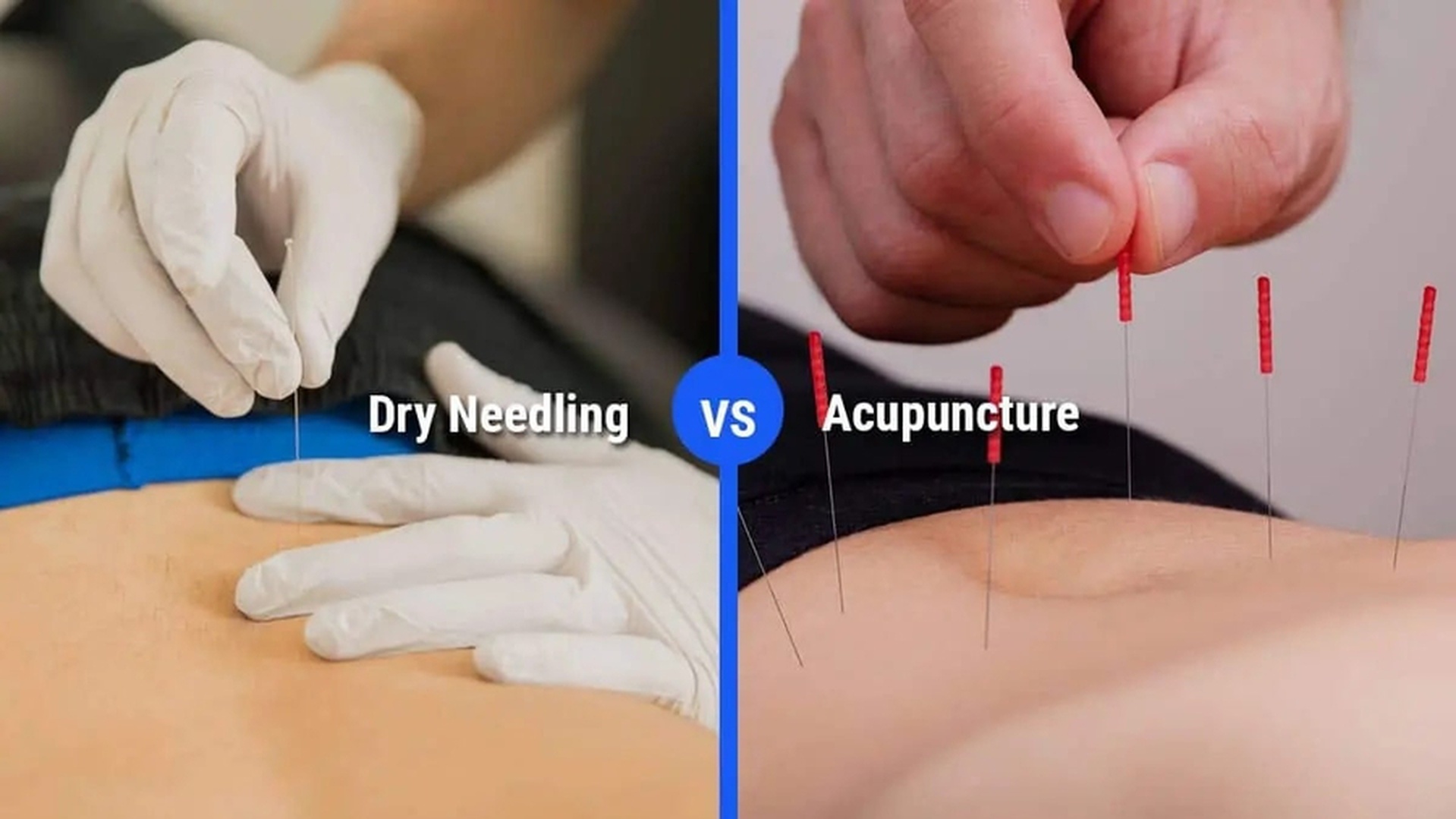
Therapr Team
Every child deserves the chance to explore, move, and engage with the world around them. However, developmental challenges, injuries, or congenital conditions can sometimes hinder a child's ability to move optimally. Pediatric physiotherapy offers specialized care tailored to the unique needs of growing bodies. It aims not only to treat physical issues but also to promote independence, confidence, and participation in daily activities. This article delves into the vital role pediatric physiotherapists play in helping children move and grow better.
Pediatric physiotherapy is a specialized field focused on diagnosing, treating, and managing physical challenges in infants, children, and adolescents. It combines medical knowledge of child development with therapeutic exercises, play-based activities, and family-centered care.
Physiotherapists work with children experiencing a variety of conditions, including:
Promote Motor Development:
Encourage age-appropriate skills like crawling, standing, walking, and running.
Improve Strength and Endurance:
Help children build muscle strength necessary for daily activities.
Enhance Balance and Coordination:
Support better control of movements to prevent falls and injuries.
Increase Mobility and Independence:
Provide tools and strategies for better movement, including assistive devices when needed.
Address Pain and Dysfunction:
Reduce discomfort from injuries or chronic conditions.
Educate and Empower Families:
Teach parents and caregivers exercises and techniques to support therapy goals at home.
Play-Based Therapy:
Using games, toys, and activities that encourage movement and make sessions fun.
Neurodevelopmental Treatment (NDT):
Hands-on approaches to improve movement patterns in children with neurological disorders.
Stretching and Strengthening Exercises:
Customized exercises to target specific muscles and improve range of motion.
Balance and Gait Training:
Helping children improve how they walk and maintain balance.
Aquatic Therapy:
Water-based exercises to enhance strength, flexibility, and mobility with minimal joint stress.
Use of Assistive Devices:
Providing orthotics, walkers, or wheelchairs to maximize independence.
Developmental Coordination Disorder (DCD):
Helping children who struggle with motor coordination tasks like handwriting, running, or jumping.
Torticollis and Plagiocephaly:
Treating muscle tightness in the neck and flattening of the head shape in infants.
Post-Surgical Rehabilitation:
Supporting recovery after surgeries such as orthopedic corrections or neurosurgical interventions.
Sports Injuries in Youth:
Managing injuries like ACL tears, sprains, and fractures with age-appropriate rehab programs.
Early physiotherapy intervention can make a profound difference in a child's development. Addressing mobility and motor skill challenges early often leads to better long-term outcomes, improved participation in school and social activities, and increased self-esteem.
Physiotherapists also monitor children over time, adjusting treatment plans as they grow and their needs change.
Pediatric physiotherapy plays an essential role in helping children overcome physical challenges and reach their full potential. Through specialized care, fun and engaging therapy sessions, and family involvement, physiotherapists empower children to move confidently and enjoy a better quality of life. Investing in pediatric physiotherapy means investing in a child's future mobility, independence, and happiness.
Author profile
Read more articles by Therapr Team.



Get the latest wellness insights delivered to your inbox.
Subscribe to Newsletter